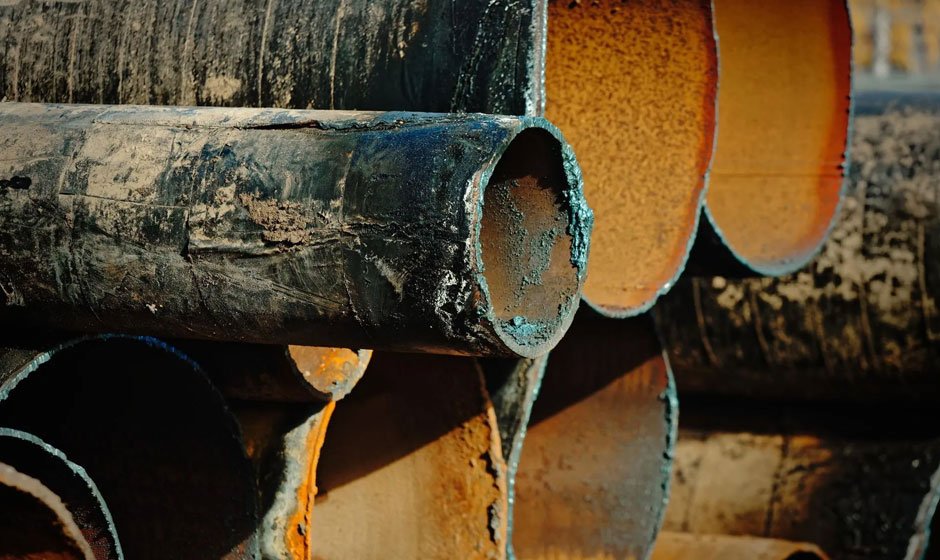Regular maintenance of cast iron pipes involves routine inspections, cleaning to prevent buildup, and using rust inhibitors to protect against corrosion. Hydrojetting and descaling can effectively remove blockages and debris. Timely repairs and relining with epoxy can extend the lifespan and ensure the efficient functioning of cast iron pipes.
The Importance of Routine Maintenance for Cast Iron Pipes
Regular maintenance of cast iron pipes is essential to ensure they function effectively and avoid serious issues. These pipes can corrode and build up scale without proper care, reducing water flow and potential blockages. Routine checks and upkeep, such as pipe descaling, can save homeowners from expensive repairs. Moreover, preventative maintenance can extend the lifespan of piping systems, ensuring they remain functional and reliable for many years.
For instance, incorporating regular plumbing inspections can help identify issues early on. Early detection of minor issues can prevent them from developing into major, costly problems. A well-maintained piping system ensures smooth water flow and prevents potential damage to a home’s structure.
Descaling Methods to Prolong Pipe Life
Descaling is crucial for maintaining the efficiency of cast iron pipes. Various methods are used to descale these pipes, including mechanical scraping, hydro-jetting, and chemical cleaning techniques. Each approach has its benefits and is chosen based on the level of scale and the pipe’s condition. Mechanical scraping physically removes scale build-up, while hydro-jetting uses high-pressure water to clear blockages and residue. Chemical cleaning involves the use of safe chemicals to dissolve accumulated scale.
Understanding each method’s advantages and limitations can help you select the correct procedure for your pipes. Learn more about effective plumbing maintenance techniques for the long-term health of your system. While mechanical scraping is cost-effective, hydro-jetting can be more thorough, and chemical cleaning is efficient but may require professional handling to ensure safety.
Recognizing Signs of Pipe Deterioration
Identifying early signs of pipe deterioration can prevent extensive damage. Look for issues such as frequent clogs, water discoloration, reduced water pressure, and unusual noises from your pipes. These symptoms often indicate underlying problems that could escalate if ignored. Clogs might suggest the build-up of debris, while discolored water could point to rust or corrosion within the pipes.
In more severe cases, leaks and structural damage to the pipes might occur, leading to water damage in walls and floors. By recognizing these signs early, homeowners can address the issues before they result in significant and costly repairs. Regular monitoring and immediate action are vital to maintaining a healthy piping system when symptoms arise.
Preventive Measures Homeowners Can Take
Homeowners can take several preventive measures to protect their cast iron piping systems. Regularly flushing your pipes with hot water can help remove minor build-ups before they become problematic. Another essential practice is to avoid disposing of grease and heavy debris down drains, as these materials can solidify and cause blockages.
Adhering to scheduled maintenance routines, such as annual inspections and professional cleanings, can also prevent issues from arising. Installing water softeners can also lessen the accumulation of scale in the water by eliminating minerals like magnesium and calcium. By following these easy measures, cast iron pipes can have a much longer lifespan and perform at their best.
When to Seek Expert Guidance
While routine maintenance may avoid many problems, other situations call for the knowledge of a licensed plumber. It would help if you spoke with a professional to diagnose and fix any severe or persistent pipe damage symptoms. Experienced professionals can recommend the best interventions to keep your piping system in top condition.
For instance, severe blockages or extensive corrosion may require specialized tools and techniques only professionals can provide. Regular consultations with plumbing experts can also ensure that your preventive measures are effective and offer peace of mind, knowing that any hidden issues are detected and managed promptly.
Comparative Insights: Cast Iron vs. Other Materials
Although cast iron pipes are renowned for posts #myinternetaccess.net blong their lifespan and toughness, how do they stack against more contemporary materials like PEX and PVC? Every material has benefits and drawbacks. Cast iron is highly resistant to damage and noise but prone to corrosion over time. It does not easily break under pressure and can handle high water temperatures well, making it suitable for various applications.
Modern materials may offer easier installation and lower costs but can lack the robustness of cast iron. PVC is lightweight and resistant to corrosion, but it may not withstand high temperatures or heavy mechanical stress. PEX is flexible and easy to install, ideal for modern plumbing systems, but its long-term durability compared to cast iron is still under scrutiny.
Final Thoughts on Cast Iron Pipe Maintenance
Maintaining cast iron pipes is essential for ensuring the long-term health of your plumbing system. Proper care can prevent many common issues, from descaling to recognizing early signs of deterioration. Routine maintenance and knowing when to call an expert can achieve long-term time and financial savings for homeowners.
In conclusion, understanding the importance of routine maintenance, recognizing early signs of deterioration, and implementing effective preventive measures are crucial steps. Consulting with professionals when needed ensures that any severe issues are managed correctly, protecting the integrity of your entire plumbing system.





